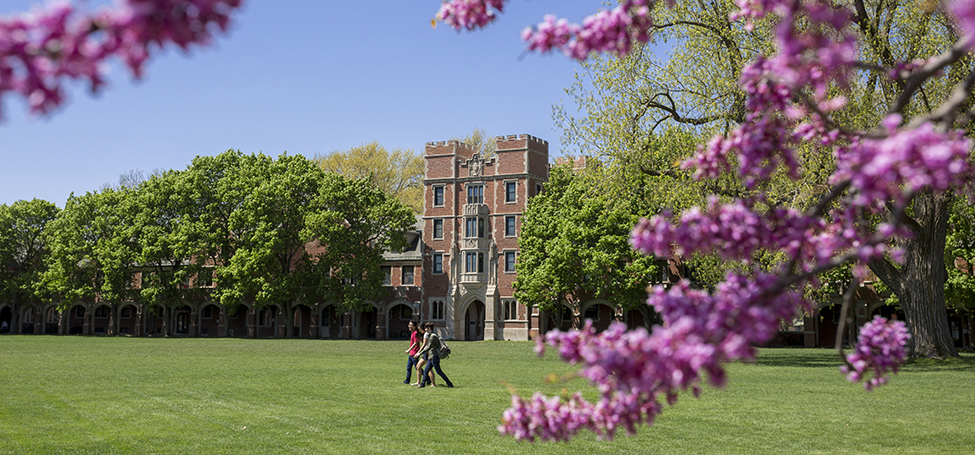
Changes to Campus Alcohol Policy
Grinnell College has implemented some changes in its alcohol policy with the 2016–17 academic year. This is partly due to recommendations from the College’s Task Force on Residential Learning, which included faculty, staff, and students, as well as national and Grinnell-specific research and recommendations from experts.
In a memo to campus, President Raynard S. Kington explained why the changes are being implemented: “I strongly believe that the College needs to make proactive changes in our culture of substance use now, instead of in response to student tragedy. Grinnell College has been on the forefront of tackling many vital social issues, but we’re behind the norm here. As we seek to raise the quality of student experience in the residence halls to better match their world-class academic experience, these are necessary first steps.”
Changes to the alcohol policy include the following:
- Providing substance-free housing for all students who request it. To meet the demand for substance-free housing for first-year students in particular, the College converted Norris Hall to a first-year, substance-free residence hall.
- Changing policies related to student alcohol use in public areas of the residence halls.
- If alcohol is present in a lounge, a completed alcohol agreement must be in place, and all alcohol at the event must be accounted for in the agreement.
- Residence life coordinators and Campus Safety officers will conduct periodic walk-throughs in the residence halls to uphold the community standards in a non-punitive, educational fashion.
- Community advisers (student staffers formerly known as resident advisers) will be expected to uphold these policies as well to promote safe environments.
- Creating a team of paid, trained servers to tend bar at all approved events with alcohol agreements.
- Convening a group of student and administrative leaders to revise campus events that center heavily on alcohol consumption, including the annual 10/10 party, a campuswide party started in the early 2000s. Given yearly spikes in the abuse of alcohol and other drugs, sexual misconduct, vandalism, and other infractions on community standards related to that event in particular, the College wants to involve students in finding ways to provide healthier, safer, appealing recreational alternatives.
One element that has not changed is that people of legal drinking age will still be permitted to use alcohol in their own rooms or houses. Additionally, the use of alcohol by any student in academic and athletic buildings will continue to be prohibited.
